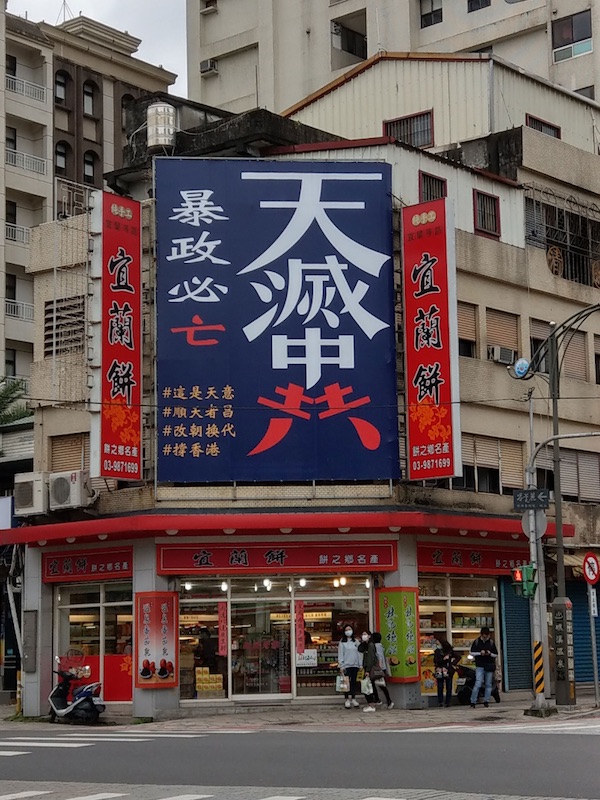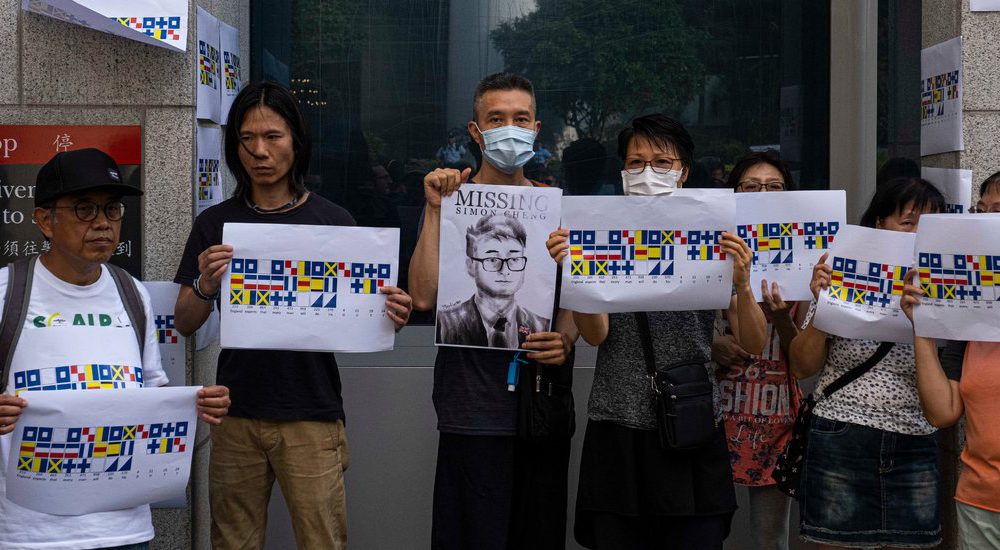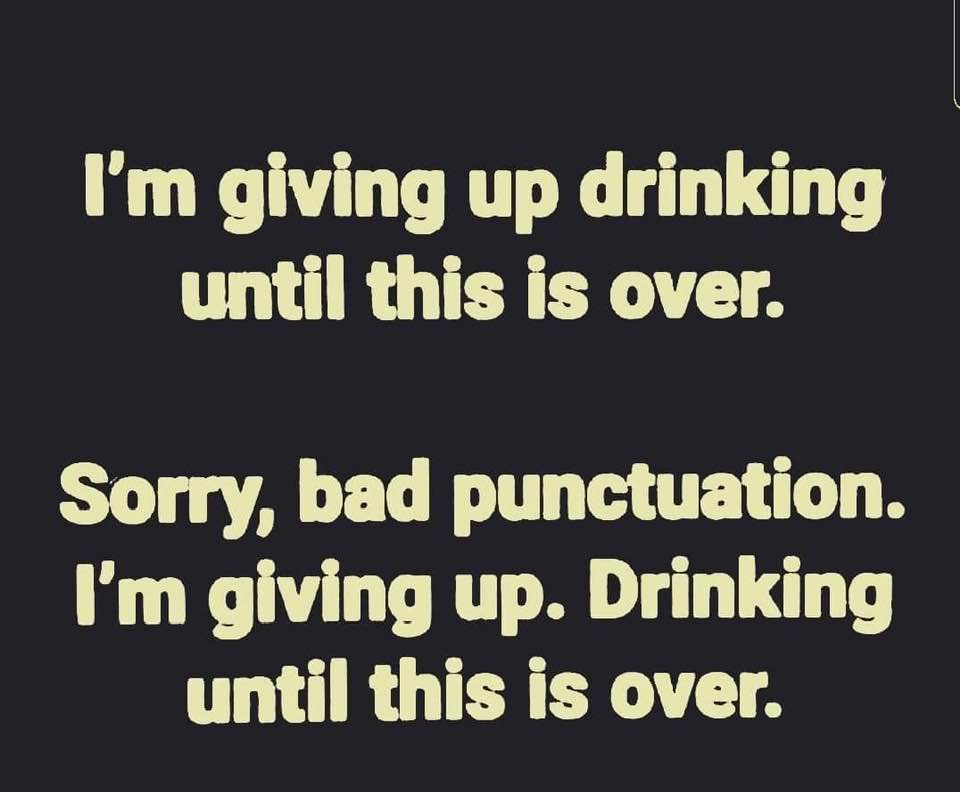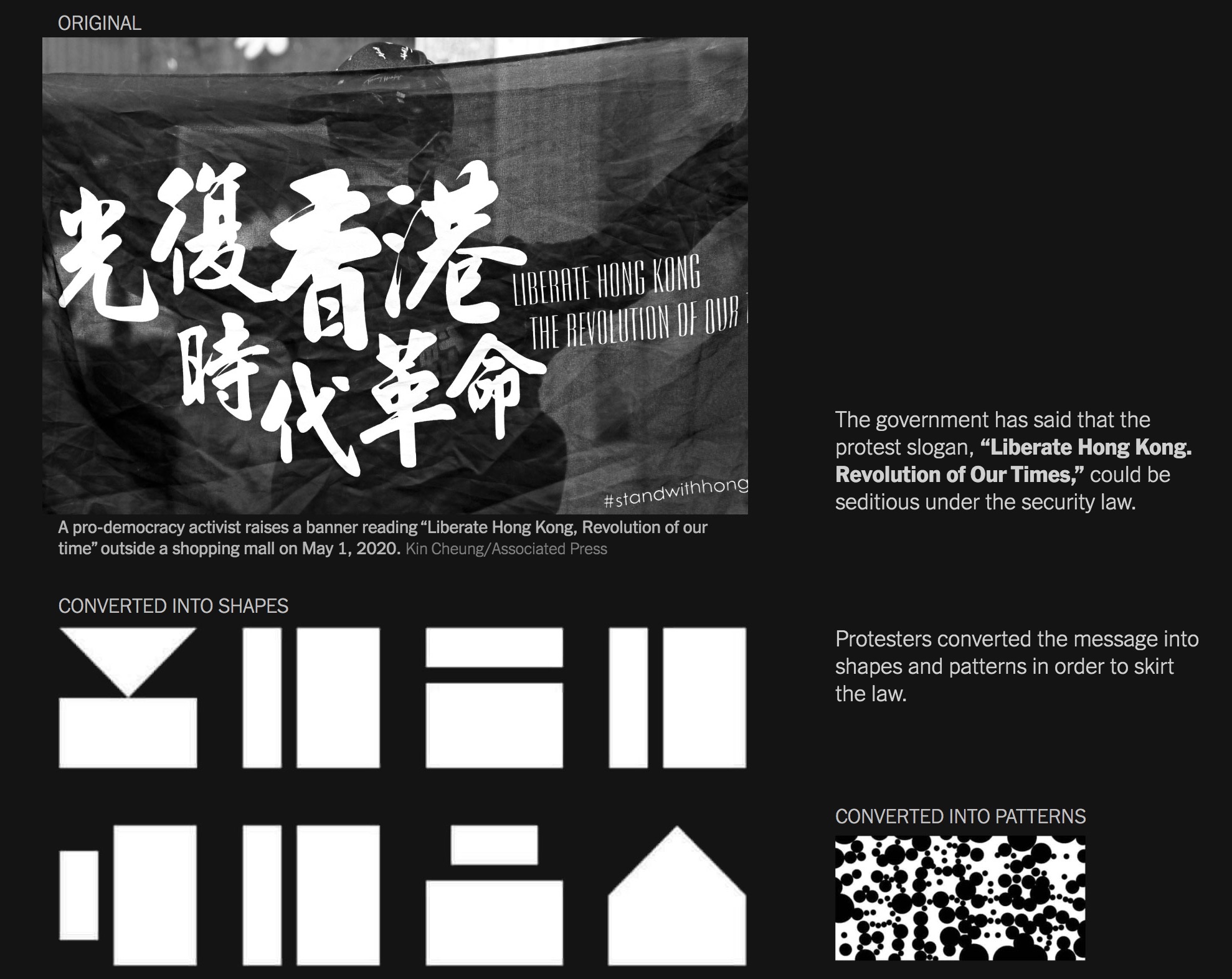A beachhead by any other name?
Matt Viser, Seung Min Kim & Annie Linskey, "Biden plans immediate flurry of executive orders to reverse Trump policies", WaPo 11/7/2020 [emphasis added]:
Although transitions of power can always include abrupt changes, the shift from Trump to Biden — from one president who sought to undermine established norms and institutions to another who has vowed to restore the established order — will be among the most startling in American history.
Biden’s top advisers have spent months quietly working on how best to implement his agenda, with hundreds of transition officials preparing to get to work inside various federal agencies. They have assembled a book filled with his campaign commitments to help guide their early decisions. […]
Making a clear break from the Trump administration's adversarial posture toward the civil service is also a top priority for the Biden transition team.
The Trump administration's suspicion of career officials and early calls for them to “get with the program” or “go” created tensions with incoming political appointees that never dissipated. Biden officials are hoping to create a positive atmosphere by avoiding some of the terminology and labels they think contributed to the mistrust.
The teams of campaign staffers and other aides that first embed themselves into government agencies after an election have historically been called “landing teams” and “beachhead teams,” summoning the memory of the storming of Normandy during World War II.
To avoid any associations with war, some Biden aides are sticking to soberingly bureaucratic terms, referring to landing teams as “ARTs” or Agency Review Teams, and beachhead team members as “temporary employees.”
Read the rest of this entry »




